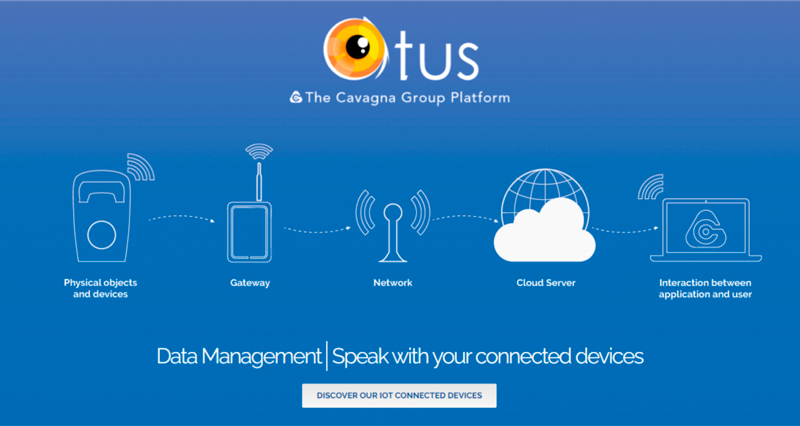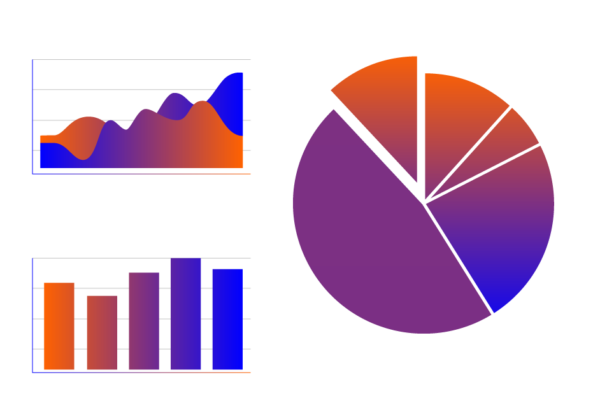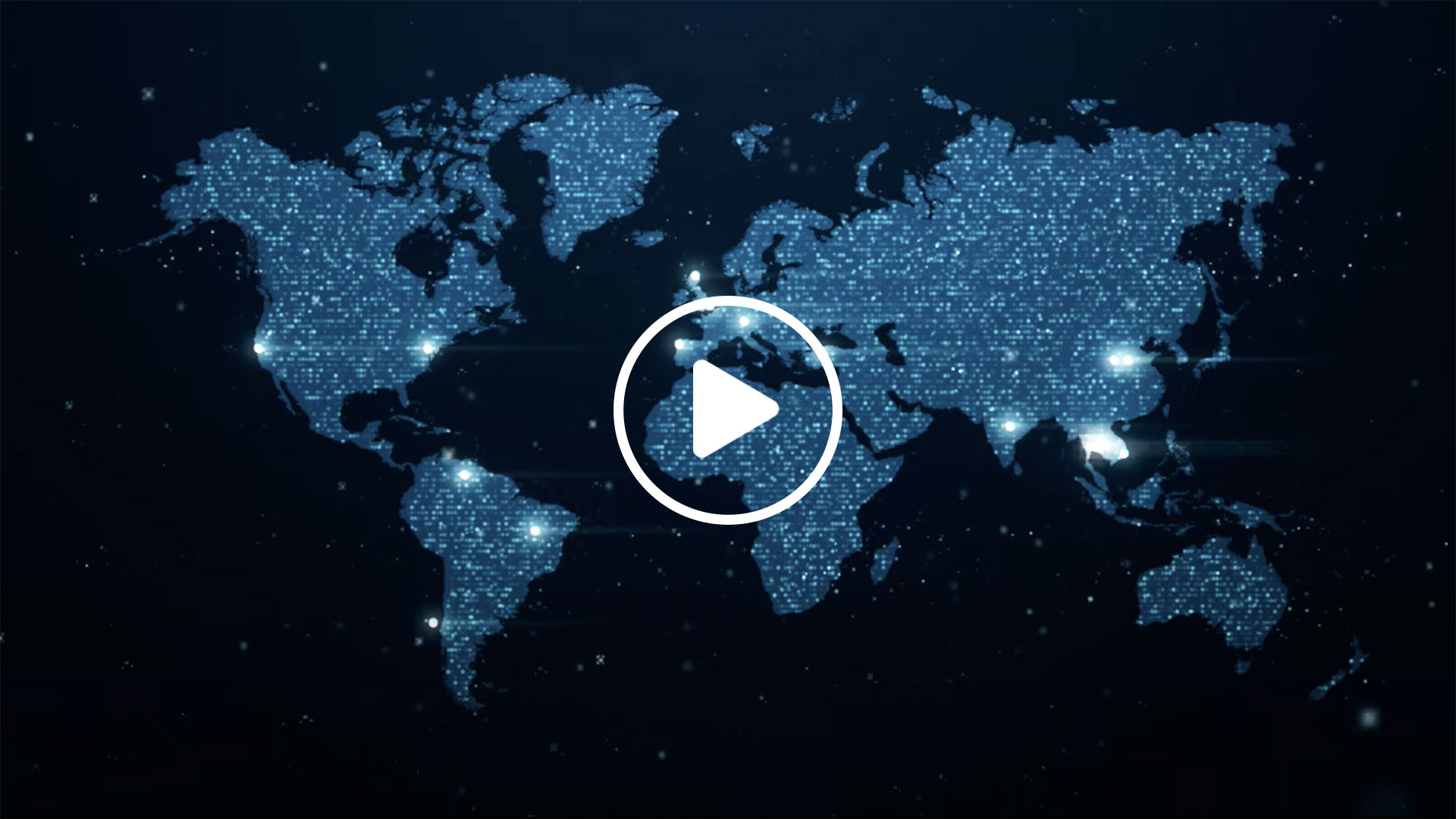Nowadays, collecting data is not just an opportunity, it is becoming a need, a real duty, for all those who want to be competitive in the market. In the gas market, collecting data, managing and using it has become of high importance and priority. In this article we will show you why.
Present situation
Gas service providers want to have an efficient management of their own cylinder fleet and gas deliveries. Their goal is to guarantee a just-in-time delivery and not to lose their cylinders. What gas service providers want to avoid is missing to supply LPG in off-grid areas or, at worst, not delivering oxygen to seriously ill patients, as it was a crucial activity in the past few months due to the extraordinary high demand during covid-19 emergency.
How to make a change by collecting data
Today, thanks to IoT technologies and the use of smart and connected devices, we have the chance to change all this. Gas service providers have the opportunity to offer a better and safer service to the end customer, saving money and time. A great help in facing even the hardest situations comes from data collection, analysis and visualization. As a matter of fact, collecting data allows gas distribution companies to get updated with continuous information about the status of cylinders delivered and, therefore, to know more about their customers habits and behaviours.
Precisely, knowing, for example, where the cylinder is located, when the cylinder has been filled, the level of gas remaining in the cylinder when in use, how the gas flow is set up and more, the gas service provider has full control of its equipment and can organise logistics and internal processes. Moreover, thanks to data and the remote monitoring of all the devices installed or delivered, the gas service provider has the possibility to make rather precise predictions about future consumption, conduct investigations on the market easily and, finally, build customer loyalty and satisfaction by offering tailored solutions.
Furthermore, the final consumers take advantage of an optimized service. They receive the gas on time, they are promptly alerted in case of problems and they better control their use of gas.
In order to be able to do this and benefit from all what has been mentioned above, first of all you have to equip yourself with connected devices complete with an IoT electronic board, which allows to collect information and communicate it. Once data has been collected, it is time to access this and it is precisely at this point that you need a data management system.

The Cavagna Group Data Management Platform
Cavagna Group is now ready to offer a complete and new service. Its name is OTUS and it is a data management platform completely developed by Cavagna Group’s IoT Department. Otus is GSM, LoRaWAN, NB-Iot, LTE technologies compliant and it acts as a collection center, making valuable all the data communicated by your devices. As shown in the dedicated page, regardless if you are a gas service provider or the final user of the device, the platform gives you a clear overview of the status of your device and updates you about any alerts that come from it. Your data will stay safe, recorded in the cloud platform and you can access it whenever you want by just logging into your personal account and downloading the detailed and customizable reports.

- Click Click is an IoT device that, once installed on a Cavagna Group automatic changeover regulator, helps in monitoring LPG multi cylinder installation.
- In gas metering sector, Cavagna Group presents Prodigi, an ultrasonic smart meter, available both for LPG and natural gas, which is entirely made of non-mechanical parts, except for a shut off valve that can be closed remotely by just clicking a button on the platform.
- Cavagna Group IoT department has approached the medical world too, promoting Viproxy i-1Touch, a smart oxygen valve, with an integrated pressure regulator, that literally speaks to you and innovates the caregivers work, the oxygen distribution and administration.









